Penn Today
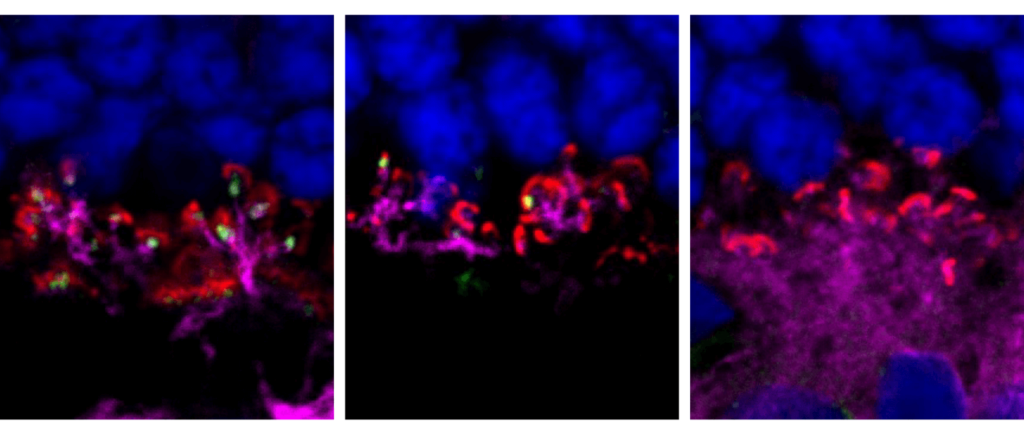
Correcting night blindness in dogs (link is external)
Researchers in the School of Veterinary Medicine and colleagues have developed a gene therapy that restores dim-light vision in dogs with a congenital form of night blindness, offering hope for…
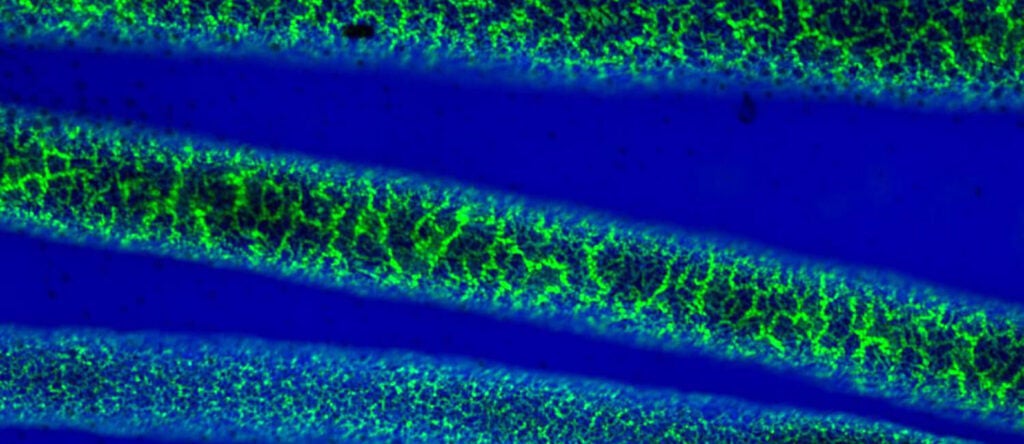
From a pandemic, scientific insights poised to impact more than just COVID-19 (link is external)
Pivoting to study SARS-CoV-2, many scientists on campus have launched new research projects that address the challenges of the pandemic but also prepare us to confront future challenges.

COVID in a cat (link is external)
A report led by Penn Vet’s Dr. Elizabeth Lennon and colleagues has confirmed what is believed to be the first published account of the delta variant of SARS-CoV-2 in a house…

SARS-CoV-2 is moving between humans and wildlife (link is external)
In humans the pandemic is showing signs of ebbing. In white-tailed deer and other wildlife, however, infections appear widespread.
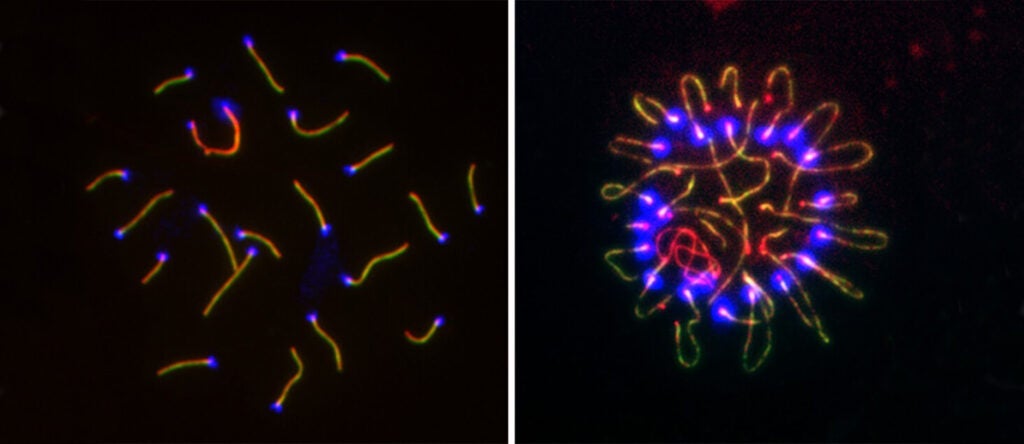
Revealing the mysterious biology of a fundamental process: reproduction (link is external)
New findings from the lab of Dr. P. Jeremy Wang shed light on the cell division process that creates eggs and sperm, recurrent pregnancy loss, and the mechanism by which…
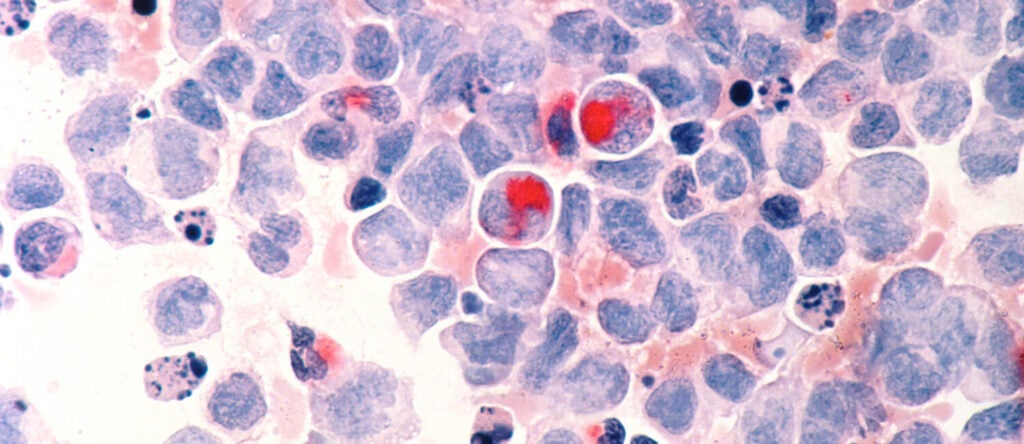
Changing the identity of cancer cells to eliminate them (link is external)
A team led by the School of Veterinary Medicine’s M. Andrés Blanco has uncovered a new target for treating certain blood cancers that works by removing an obstacle to their…
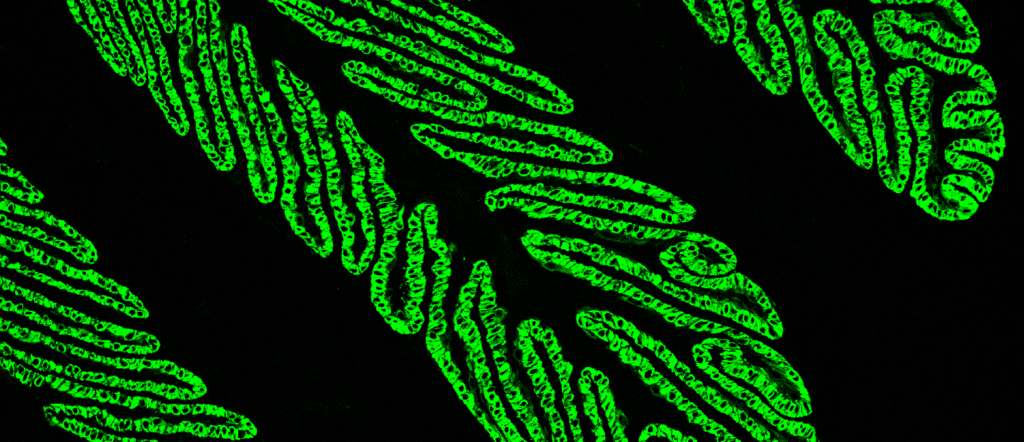
Breakthrough laminitis research shows promise for the future (link is external)
Horse owners usually dread hearing the diagnosis of “Laminitis.” The disease plagues horses of many backgrounds, ages and disciplines. Using genetics, UF/IFAS and University of Pennsylvania scientists have made a breakthrough in the disease thanks to funding from…

A Hub for Zoonotic Disease Research (link is external)
Penn Vet’s unique new Institute for Infectious Zoonotic Diseases
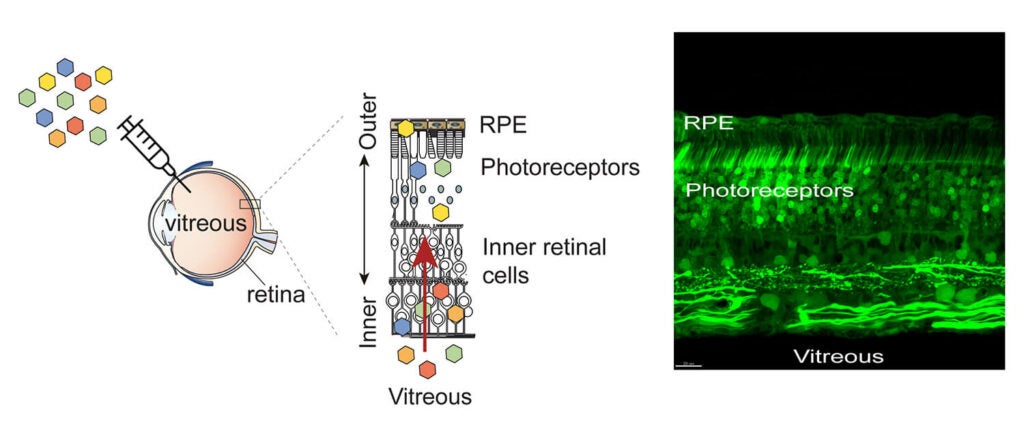
Novel gene therapy platform speeds search for ways to cure blindness (link is external)
A newly developed single-cell RNA sequencing technique enables researchers to quickly identify an optimal vector for delivering therapeutic genetic material to treat vision disorders, and perhaps other genetic conditions.
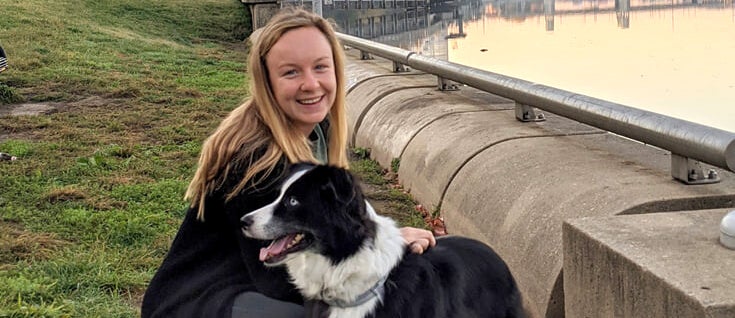
Forging healthy bonds with canine companions (link is external)
Penn Vet postdoc Lauren Powell’s research illuminates how the personalities of both dogs and their owners influence the pairs’ ability to overcome behavioral challenges.
Sort By
- Research Laboratories (1)
- ASMG Laboratory - Microbial Genomics (2)
- Lengner Laboratory (2)
- Anguera Laboratory (4)
- Wang Laboratory (3)
- Puré Laboratory (1)
- Wolfe Laboratory (1)
- Lennon Mucosal Immunology Laboratory (1)
- Equine Pharmacology Research Laboratory (1)
- Dou Laboratory (1)
- Brinster Laboratory of Reproductive Physiology (1)
- Hunter Laboratory (3)
- Harty Laboratory (3)
- Mason Immunotherapy Research Laboratory (2)
- Sunyer Laboratory (1)
- Scott Laboratory (1)
- Vaughan Laboratory (1)
- Research Institutes (4)
- Research Programs (1)
- Research Centers (1)
